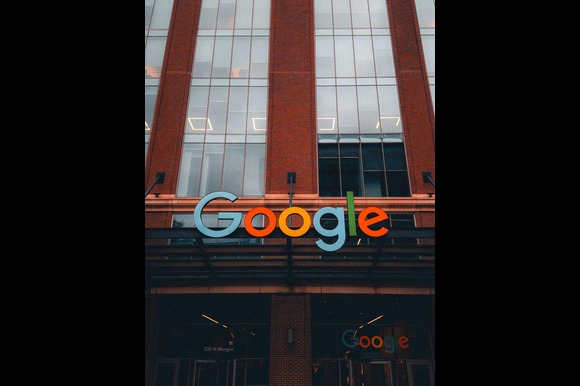Google will not be forced to sell its Chrome web browser but must provide competitors with access to key information, a U.S. federal judge has ruled, marking the latest development in a landmark antitrust battle over the company’s dominance in online search.
The remedies, handed down by District Judge Amit Mehta, follow a years-long legal fight centered on Google’s role as the default search engine across its own platforms — including Android and Chrome — as well as on devices made by partners such as Apple.
The U.S. Department of Justice had pushed for a more drastic solution: forcing Google to divest Chrome entirely. Instead, the judge allowed the company to retain ownership of its browser, while barring it from signing exclusive contracts and ordering it to share portions of its search data with rivals.
Google had previously proposed less severe concessions, such as capping revenue-sharing agreements with companies like Apple, which received billions of dollars to set Google Search as the default option.
On Tuesday, the company framed the decision as a victory, noting that the rapid rise of artificial intelligence (AI) may have influenced the outcome. “Today’s decision recognizes how much the industry has changed through the advent of AI, which is giving people so many more ways to find information,” Google said in a statement. “This underlines what we’ve been saying since this case was filed in 2020: Competition is intense and people can easily choose the services they want.”
Since the Justice Department filed charges in 2020, Google has denied any wrongdoing, insisting its market power comes from the superiority of its products rather than anticompetitive conduct.
In 2023, however, Judge Mehta ruled that Google had abused its dominance in the search market, deliberately employing unfair practices to maintain a monopoly and thereby violating U.S. law. Still, he rejected the idea of dismantling Chrome, calling such a step “a poor fit for this case.”
Google’s Android operating system, which powers the majority of smartphones worldwide, will also remain under its control. The company argued that breaking up its operations — such as separating Android — would make them unworkable.
Assistant Attorney General Abigail Slater said the Justice Department was reviewing whether the remedies were sufficient. “Today’s remedy order agreed with the need to restore competition to the long-monopolized search market, and we are now weighing our options and thinking through whether the ordered relief goes far enough in serving that goal,” she wrote on X.
Shares in Alphabet, Google’s parent company, surged more than 8% after the ruling.
The decision carries implications for major smartphone makers like Apple, Samsung, and Motorola. Previously, Google spent more than $26bn in 2021 alone to secure exclusive deals with Apple, Mozilla, and others to preload or promote its products. Under the new order, such exclusive agreements for Google Search, Chrome, Google Assistant, or the Gemini app are banned. Manufacturers will now be free to bundle alternative browsers, search engines, or AI assistants alongside Google’s offerings.
However, Google will still be allowed to pay companies for default placement, keeping a lucrative arrangement intact.
Gene Munster, managing partner at Deepwater Asset Management, said the outcome was “good news for big tech,” noting that Apple benefited as the ruling requires Google to renegotiate the search deal annually. Melissa Otto, head of research at S&P Global Visible Alpha, echoed that sentiment, saying the order was “not as draconian as the market was expecting.” With Google’s search operations projected to generate nearly $200bn this year — and tens of billions flowing to distribution partners — Otto described the result as a “win-win” for industry giants.
Not everyone agreed. DuckDuckGo founder and CEO Gabriel Weinberg said the ruling fell short, failing to “force the changes necessary to address Google’s illegal behavior,” leaving consumers at a disadvantage.
The decision does not mark the end of Google’s legal troubles. Later this month, the company faces another trial in a separate Justice Department case, in which a judge previously found Google held unlawful monopolies in online advertising technology.






